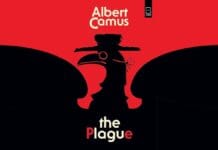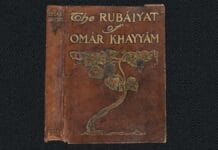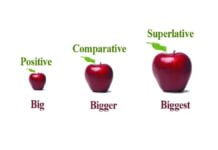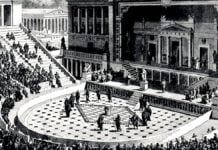Charles Baudelaire’s Exotic Perfume (Parfum Exotique) is a sensual and evocative poem that explores themes of desire, indulgence, and the allure of the exotic. Published in his ground-breaking collection The Flowers of Evil (Les Fleurs du Mal) in 1857, the poem is a celebration of the senses and a meditation on the power of perfume to transport the mind and body.
In Exotic Perfume, Baudelaire creates a sensual and dreamlike atmosphere, using the sense of smell as a portal to a distant, idealised world. Upon inhaling the perfume from his lover’s body, the poem’s narrator is transported to an exotic and lush landscape far from the confines of the physical world. This olfactory experience triggers a deep connection with the tropical imagery of islands, warm sun, and peaceful waters, evoking a sense of escape and tranquillity.
The perfume in the poem symbolises the merging of the physical and the spiritual, as the scent transports the poet beyond the limits of reality into a dreamlike utopia. This fusion of the sensory with the imaginative reflects Baudelaire’s exploration of the intersection between the sensual world and the metaphysical realm, a theme that runs through much of his work. In the poem, the lover’s body becomes both an object of sensual pleasure and a vessel for spiritual transcendence, indicating Baudelaire’s fascination with the dual nature of human experience—earthly desire and spiritual longing.
The exotic world the narrator envisions is not merely a place of escape. It is an idealised, unattainable paradise, emphasising Baudelaire’s recurring theme of the tension between desire and reality. The beauty of the imagined landscape contrasts with the poet’s awareness of his limitations in the real world, suggesting that the paradise he seeks can never be fully realised. This longing for an unattainable ideal adds a layer of melancholy to the poem, characteristic of Baudelaire’s complex relationship with beauty and desire.
Exotic Perfume exemplifies Baudelaire’s mastery of symbolic imagery and sensuality and his exploration of the deeper psychological and emotional dimensions of human experience. The poem is infused with sensory details, mainly focusing on the sense of smell, which becomes the catalyst for the narrator’s journey into an imagined exotic paradise. Baudelaire’s choice to centre the poem around the olfactory sense is significant, as the smell is often linked to memory, desire, and the unconscious. By using scent to evoke an exotic, dreamlike vision, Baudelaire taps into the more profound psychological impact of sensory experience.
The structure of the poem contributes to its hypnotic, immersive quality. The lyrical flow and vivid imagery of tropical landscapes create a lush, almost hypnotic rhythm that mirrors the narrator’s gradual immersion into his fantasy. Baudelaire’s rich, descriptive language allows the reader to be enveloped by the warmth of the imagined world, filled with tranquil seas, sun-drenched islands, and soothing breezes. This world is as much an emotional landscape as a physical one, revealing Baudelaire’s ability to blend the sensual with the emotional and the real with the imagined.
Symbolism plays a crucial role in the poem, as the perfume bridges the physical and inner worlds of the poet’s mind. The exotic landscape that the perfume conjures symbolises not only the escape from the mundanity of the everyday world but also an unattainable ideal —an Edenic paradise that remains out of reach. This aligns with Baudelaire’s recurring themes of the unattainability of beauty and the tension between desire and fulfilment. The exotic, in this sense, is alluring and elusive, representing Baudelaire’s fascination with pursuing an ideal that always seems just beyond grasp.
The poem also explores the concept of spleen and idéal, two central ideas in Les Fleurs du Mal. The paradise conjured by the exotic scent represents the idéal —a place of beauty, serenity, and perfection. However, the fleeting nature of this experience hints at the inevitability of spleen —the feeling of boredom, dissatisfaction, and the return to grim reality. This duality captures Baudelaire’s philosophical exploration of the human condition, where the shadow of melancholy and unfulfilled desire always tempers moments of beauty and ecstasy.
Baudelaire’s language in Exotic Perfume is both rich and evocative. His use of metaphor and imagery —such as describing the sea, sun, and islands —transports the reader, much like the narrator, into an alternate reality. Yet, there is always an underlying awareness of the transient nature of this paradise. The exoticism here is a celebration of faraway lands and a reflection of the inner workings of desire and imagination.
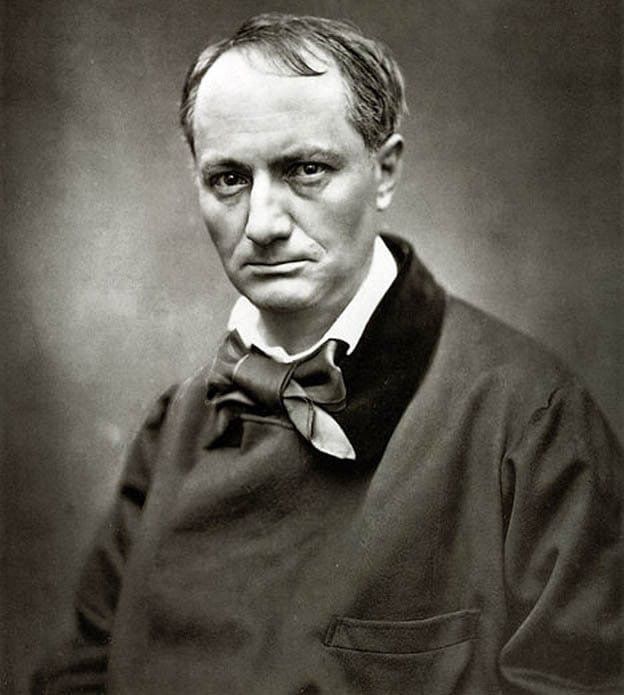
Sensory Imagery
Baudelaire masterfully employs sensory imagery, particularly olfactory and visual elements. The poem begins with scent and expands into a rich visual landscape, creating a synesthetic experience.
Exoticism
The poem exemplifies the 19th-century fascination with the exotic. Baudelaire presents a romanticised, Orientalist vision of a tropical paradise, reflecting contemporary European attitudes towards non-Western cultures.
Escapism
The poem serves as a mental escape from the poet’s urban, industrialised environment. The exotic setting represents a desire for a simpler, more natural existence.
Symbolism
The perfume symbolises the power of memory and imagination. It acts as a catalyst for the poet’s mental journey, highlighting the connection between sensory experience and imagination.
Contrast
An implicit contrast between the speaker’s surroundings and the imagined paradise suggests dissatisfaction with contemporary society.
Sensualism
The poem is deeply sensual, beginning with the intimate image of the lover’s breast and expanding to encompass a whole sensuous landscape. This reflects Baudelaire’s broader exploration of sensuality in his work.
Form and Structure
Baudelaire adheres to the traditional sonnet form with 14 lines divided into two quatrains and two tercets, demonstrating his mastery of classical poetic structures. The form’s constraints contrast the wild, free imagery, creating an exciting tension.
Language and Rhythm
In the original French, Baudelaire uses rich, evocative language and a rhythmic structure that mimics the gentle, hypnotic quality of the perfume’s effect.
Colonialism and Primitivism
The poem reflects 19th-century colonial attitudes, presenting an idealised view of “native” peoples as innocent and close to nature. This aspect invites critical examination from a postcolonial perspective.
Baudelaire’s Themes
Exotic Perfume touches on several of Baudelaire’s recurring themes, such as the power of the senses, the allure of the exotic, the search for ideal beauty, and the desire to escape from mundane reality.
Influence of Romanticism
While Baudelaire is often seen as a precursor to symbolism and modernism, this poem shows the influence of Romantic ideals, particularly in its exotic setting and emphasis on imagination.
Psychological Depth
The poem explores the connection between sensory experience and memory, anticipating later psychological and literary investigations into the nature of perception and recollection.
Universality
Despite its specific imagery, the poem touches on universal human experiences, the power of scent to evoke memories, the desire for escape, and the allure of the unknown.
Exotic Perfume is a masterful example of Baudelaire’s poetic skill, marked by its sensual imagery, symbolic depth, and exploration of the tension between the real and the ideal. It reflects Baudelaire’s fascination with beauty, desire, and the elusive nature of paradise. The poem exemplifies many themes and techniques that made Baudelaire a pivotal figure in the transition from Romanticism to modernism in French poetry.

